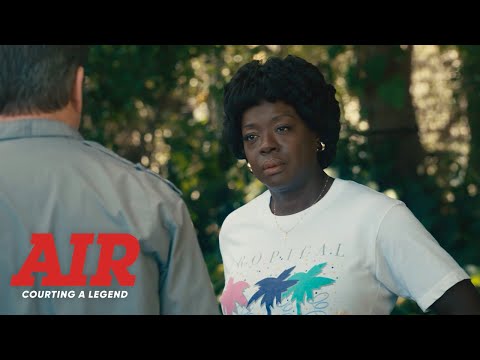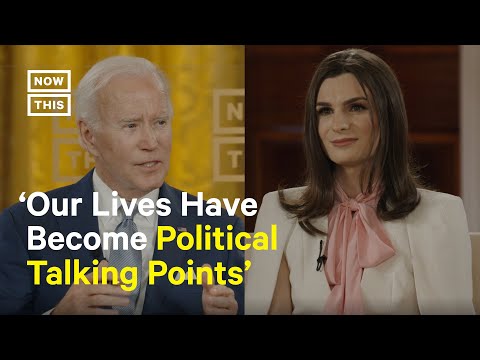Sonny Vaccaro’s gut screamed for him to do whatever it took to sign Michael Jordan.
Sound like a no-brainer for the Nike executive? This was before Jordan stepped one foot onto an NBA court, not during his legendary run with the Chicago Bulls.
Vaccaro saw “greatness” in young Jordan, a once-in-a-generation talent who might change basketball, and Nike, forever.
And he did just that.

“Air,” directed and co-starring Ben Affleck, captures that ’80s negotiation with humor, heart and affection for American capitalism. Not every detail in the film happened in real life, but the story’s arc is true.
Nike saw a player with unlimited potential, and it acted accordingly.
Meritocracy mattered during the Reagan era, and the best of the best didn’t apologize for breaking records.
That time is long gone.
Today, Nike’s most notable clients are no longer the best of the best, innovators in their fields or towering giants on the gridiron or hardcourt.
To be on Team Nike you have to win the Identity Politics Olympics.
Take Colin Kaepernick. The former NFL quarterback enjoyed a brief stint as an elite player before embracing a radical, anti-cop sentiment that overshadowed his declining skills. The stance hastened his NFL exit, and to his credit stuck to his messaging.
He’s part of the Nike roster today, despite his dubious attempts at an NFL reunion.
Teams considered giving Kaepernick a second chance multiple times over the years. In 2019, Kaepernick and the NFL wrangled over details of a possible tryout.
The two sides fought over whether Kaepernick would be provided a list of which N.F.L. personnel would be present. They tussled over whether media would be allowed to watch, and over whether Kaepernick could bring his own film crew to the workout.
The former NFL player switched venues at the last minute, and many scouts decided to go home rather than attend. Last year, his Raiders tryout was dubbed a “disaster” by ex-NFL star Warren Sapp, and nothing of consequence followed.
Being a radical pays far better and involved fewer injuries.
Just do it? How about, “Nah, I’m good. Check’s already in the mail!”
Most recently, Kaepernick trashed his adoptive parents as racist for comments they allegedly made about his hair during his teen years.
He’s the anti-Jordan.
And then there’s Dylan Mulvaney.
The trans TikTok star has had a whirlwind media tour of late. She’s chatted with Drew Barrymore, who literally bowed down before her presence, and chatted with President Joe Biden.

Why? She’s a trans woman and a social media influencer. She, too, is on the Nike payroll. Video of Mulvaney working out in Nike sports bras went viral in recent days.
That drew a backlash from some consumers and a rebuke from tennis legend Martina Navratilova.
“I guess Nike couldn’t find a female athlete to sell sports bras…” Navratilova wrote with a shrugging emoji.
“It’s a bra… who cares who wears it. I don’t care what anyone else wears, nor should you,” one Twitter user shot back. “With so much else going on in this world, a bloody bra shouldn’t matter.”
“Who wears it is one thing. Getting paid for it at the exclusion of females who actually need one is another…” Navratilova responded.
Mulvaney’s other sponsors include Bud Light, Ulta Beauty, Haus Labs, Crest, Instacart and CeraVe.
In a way, Nike reflects the culture at large through the years. In the 1980s, excellence reigned supreme. Today, the coin of the realm is victimhood and Identity Politics, something many high-profile corporations embrace.
Few figures connect with the latter more than Kaepernick and Mulvaney.
The post Why ‘Air’ Speaks Volumes About Nike’s Kaepernick, Mulvaney Deals appeared first on Hollywood in Toto.
0 Comments